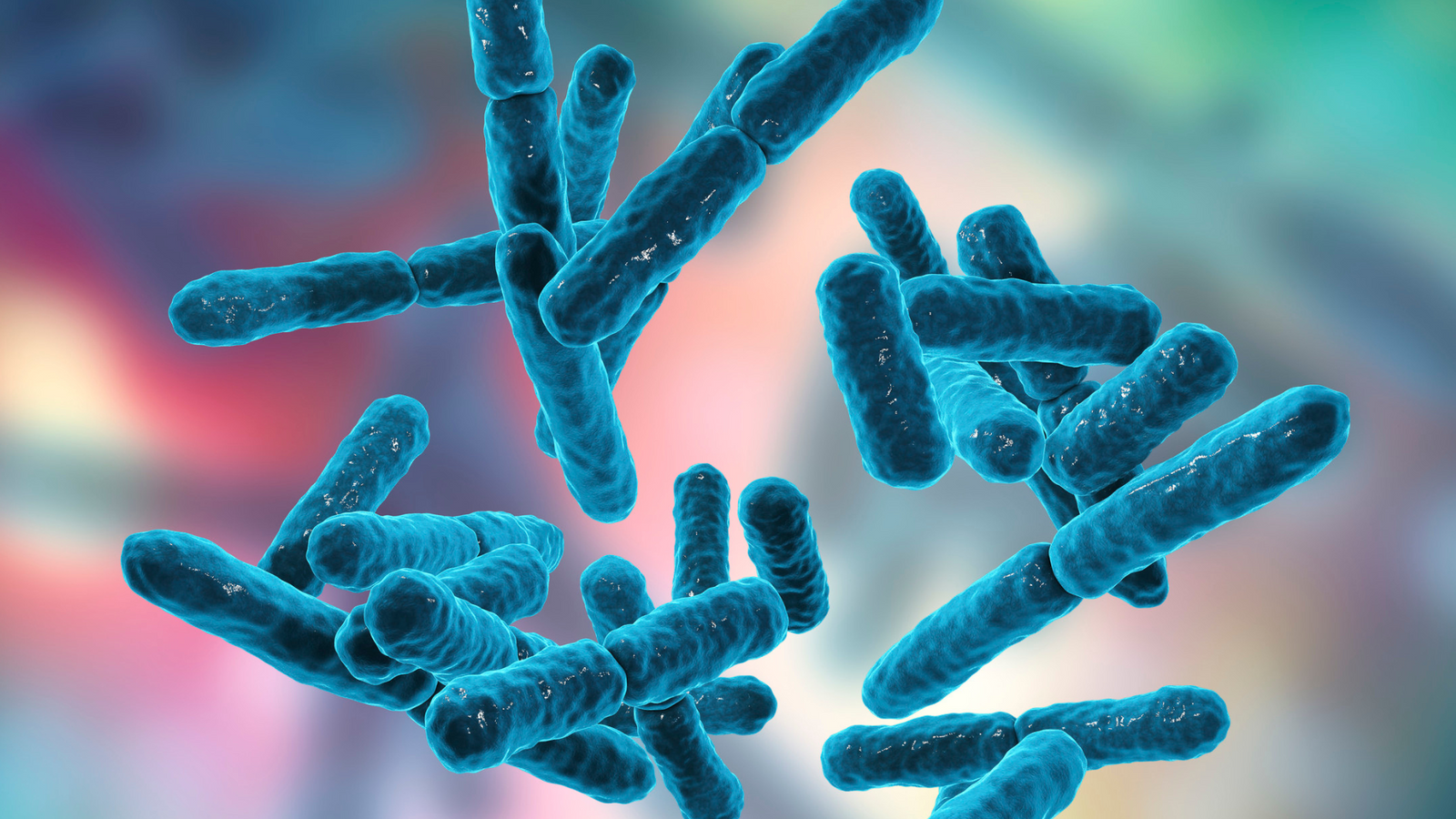Your Cart is Empty
Free shipping on Orders $79+
Free shipping on Orders $79+
Explore

Prebiotics, Probiotics, and Now Postbiotics: What You Need to Know
February 22, 2023 2 min read
If you want to improve your gut health, you’ve probably heard about probiotics before. These are good bacteria that populate your gut and help you maintain a healthy balance of microorganisms in your gut.
Probiotics can help improve digestive health by reducing symptoms of digestive disorders such as irritable bowel syndrome (IBS), inflammatory bowel disease (IBD), and diarrhea caused by infections or antibiotics. They may also boost the immune system, improve skin health, and reduce the risk of certain infections.
And if you’ve been following us for a while, you might have also heard about prebiotics. They're a specific type of fiber-rich carb food gut bacteria like to feed on.
Now it’s time to delve a little deeper into postbiotics and how they affect our health. Read on to find out the link between pro, pre, and postbiotics.
What's the link between probiotics, prebiotics and postbiotics?
Probiotics are live bacteria or yeasts that are beneficial for the gut. Prebiotics are a type of fiber that serve as food for probiotics. When probiotics consume prebiotics, they produce bioactive metabolites called postbiotics.

Examples of postbiotics include short-chain fatty acids, enzymes, organic acids, and antimicrobial peptides. Depending on the foods in your diet, your gut bacteria will produce both beneficial postbiotics (like short-chain fatty acids) and harmful ones (like bile).
Good postbiotics - like those resulting from a plant-based diet - can help maintain a healthy gut microbiome, improve immunity, and reduce inflammation. Some studies suggest that these can also reduce the risk of colon cancer, but more research is needed in this area.
“Bad” postbiotics, like bile, are the result of eating unhealthy foods and can be harmful to your health when produced in excess.
For example, when bile is produced in excess due to the consumption of fatty foods, it can cause a range of digestive problems such as bloating, gas, diarrhea, and abdominal pain. Excess bile can also cause damage to the lining of the digestive tract and increase the risk of developing conditions such as gallstones and colorectal cancer.
How can you get more healthy postbiotics?
The key here is to have a balanced diet, rich in vegetables, fruits, legumes, nuts, and seeds.The “magic” ingredient is - you’ve guessed it - FIBER!
To help your body produce the optimal amount of good postbiotics, you need to consume 25g of fiber per day as a woman, and 35g as a man.
Besides maintaining a healthy balanced diet, many doctors recommend supplementing your fiber intake. This will ensure your gut bacteria is nourished enough to break down vast amounts of nutrients in your gut and product healthy postbiotics.
The best source of fiber on the market is by far Pineapple Chia Cleanse. Why? Because it was designed with prebiotics, probiotics, AND digestive enzymes to enhance your digestion and sweep your colon clean of all the junk.
You’ll also want to increase your water intake along with your fiber intake. This will ensure a smooth intestinal transit as your body adjusts to the fiber.
At the end of the day, a healthy gut is all about variety, so make sure you include a wide range of veggies, fruit, nuts, seeds, and whole grains in your diet.
{"themeColor":"#574CD5","iconColor":"#574CD5","showLogo":true,"topBottomPosition":10,"rightLeftPosition":10,"iconSize":"small","iconCustomSize":64,"position":"bottom-left"}

